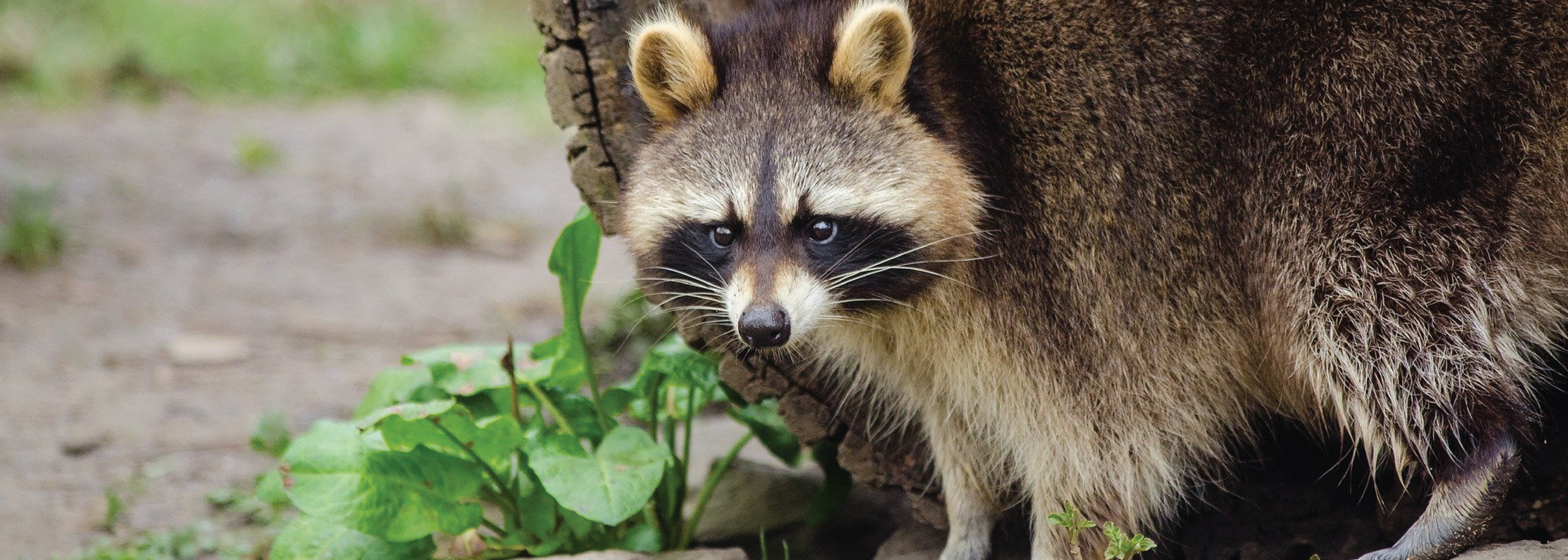Animal Bites and Rabies
Animals bites or scratches can transmit a fatal disease called rabies. Southwestern Public Health (SWPH) helps prevent human cases of rabies by:
- Investigating and monitoring all human-animal bites and scratches that are reported
- Providing information and resources for health care professionals, and
- Providing information to the public if a rabid animal is found in the area
What to do if an animal bites or scratches you
All human-animal bites and scratches must be reported to SWPH. A public health inspector (PHI) will do an investigation to assess the risk of rabies transmission. If you or someone you know is bitten or scratched:
- Wash the affected skin area with soap and water, and
- Seek medical attention by contacting your doctor or visiting a local hospital
- To self-report an animal bite or scratch click here
- Health care providers, emergency service providers or animal service providers are required to report an animal bite
- NOTE: the animal involved is not in trouble, it just needs to be monitored for signs and symptoms of rabies
Rabies vaccination is mandatory for all cats, dogs, and ferrets in Ontario. In addition, any farm animals that the public may come in contact with (i.e. petting zoos), need to be vaccinated. If your pet is bitten or scratched by another animal, contact your local veterinarian.
After an animal bite is reported
SWPH will call you to discuss the bite or scratch. If you do not get a call from us within one business day of reporting the bite, please call us at 1-800-922-0096.
If the animal involved is a pet, the PHI will contact the pet’s owner. The pet stays with their owner. If they are alive and well after ten days, the pet did not have rabies in its saliva at the time of the bite or scratch. If the animal is a stray or cannot be found, attempts will be made to complete a rabies assessment. Rabies treatment for the person who was bitten may be required.











